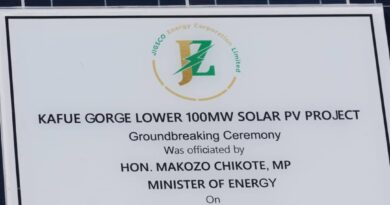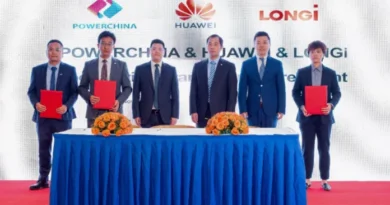SADC Secretariat Empowers SMEs to Navigate EU Market Requirements
The Southern Africa Development Community (SADC) Secretariat is taking proactive steps to bolster the export capabilities of Small and Medium-sized Enterprises (SMEs) in the SADC Economic Partnership Agreement (EPA) region, particularly for trade with the European Union (EU) market.
Through the EPA Unit, the SADC Secretariat has initiated a series of national capacity-building workshops aimed at enhancing awareness and understanding of the market requirements for exporting to the EU within SADC EPA States.
The workshops, which have already commenced in Maputo, Mozambique, are set to cover countries including Botswana, Lesotho, Namibia, and Eswatini.
Participants from both the private and public sectors are engaging in simulation exercises to familiarize themselves with the intricacies of EU market requirements. Representatives from key organizations such as the Chamber of Commerce and Industry, the Commodity Exchange, and the Confederation of Economic Associations are actively involved in these workshops.
The initiative follows the production of booklets outlining EU market requirements for sectors with export potential to the EU, including dried spices, essential oils, herbal teas, vegetable oils, and dried fruits and nuts.
However, Chief Technical Advisor Ms. Hildah Moleofe highlighted the persistent challenge faced by SMEs in accessing information and leveraging the EU market opportunities effectively.
Ms. Moleofe emphasized the importance of fully understanding and applying EU market requirements to maximize the benefits of the EU-SADC EPA regime, stressing the need for SADC EPA States stakeholders to seize opportunities for inclusive economic development.
These capacity-building efforts are facilitated through the SADC Trade Facilitation Programme (TFP), supported by the EU under the 11th European Development Fund (EDF). With a budget of €15 million (US$16.45 million) over a five-year period (2019-2024), the TFP aims to deepen regional economic integration and enhance intra-regional trade flows by facilitating trade and implementing the EU-SADC EPA.
Additional Source: SADC Secretariat



